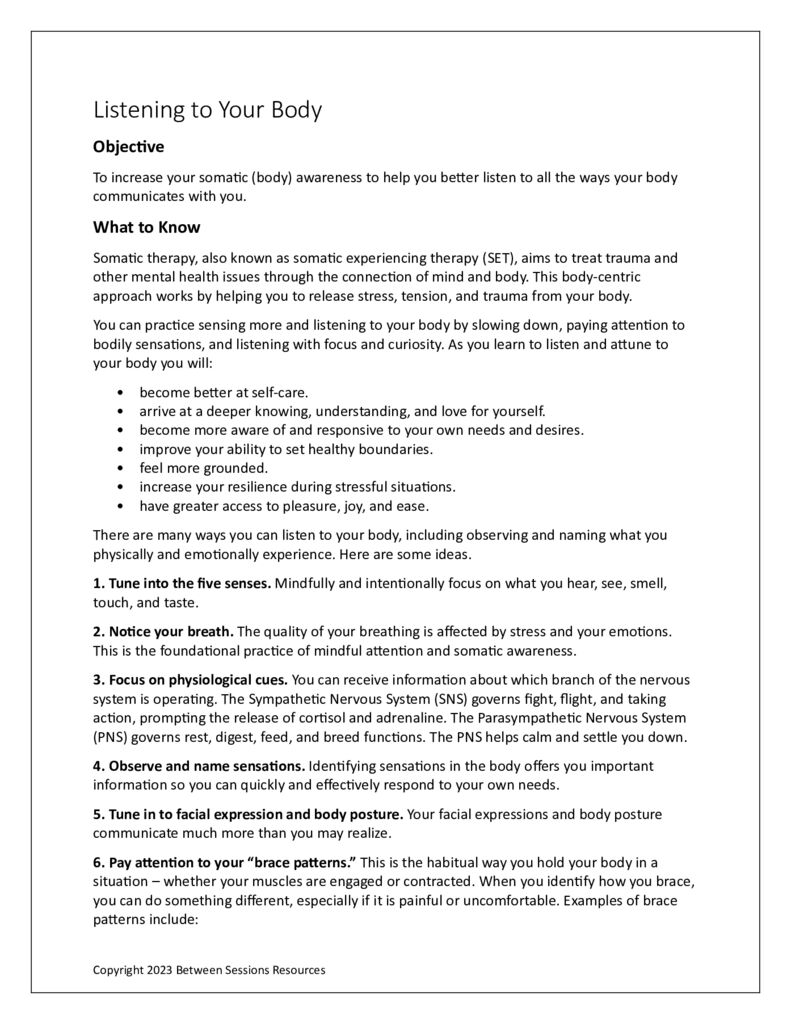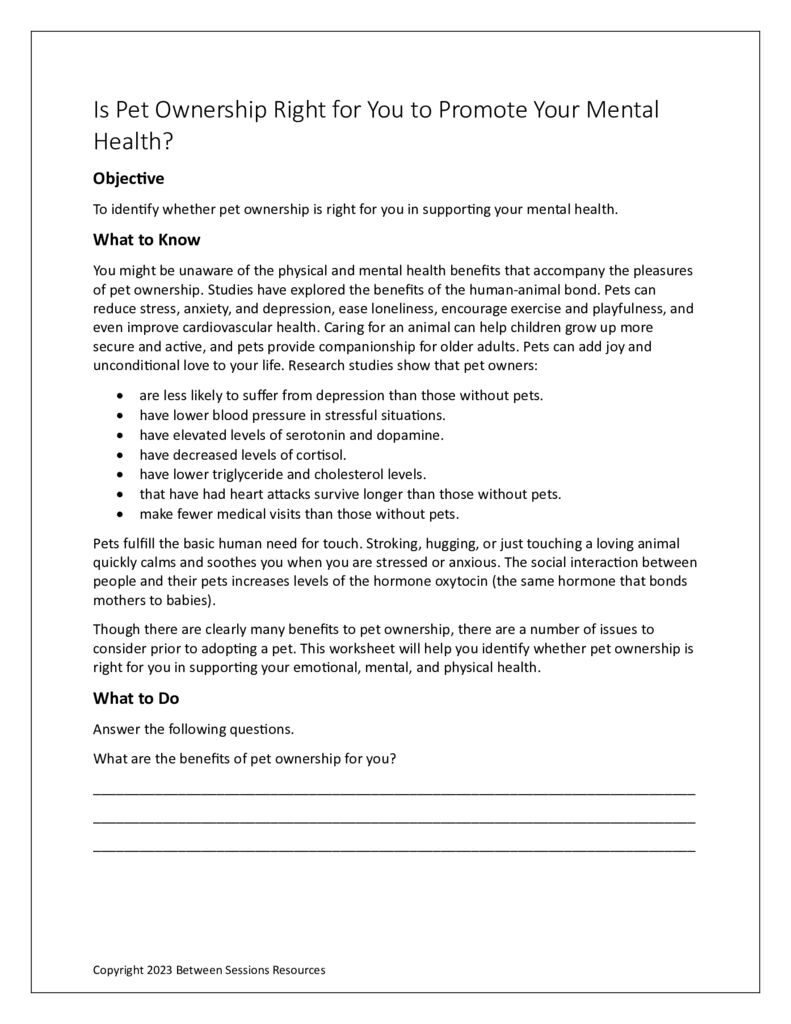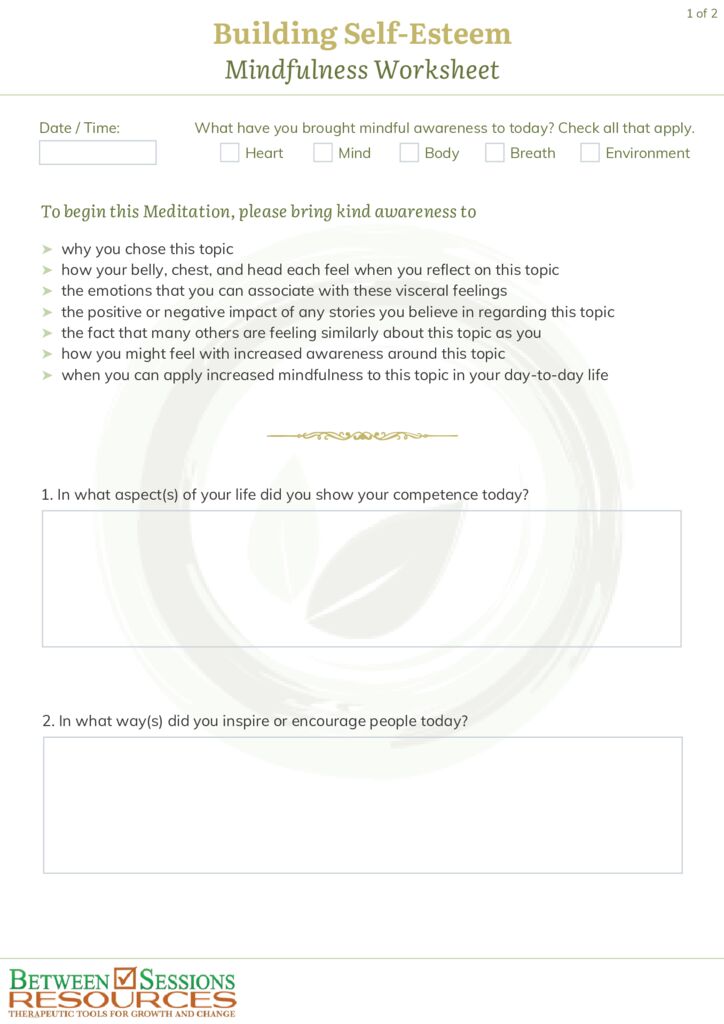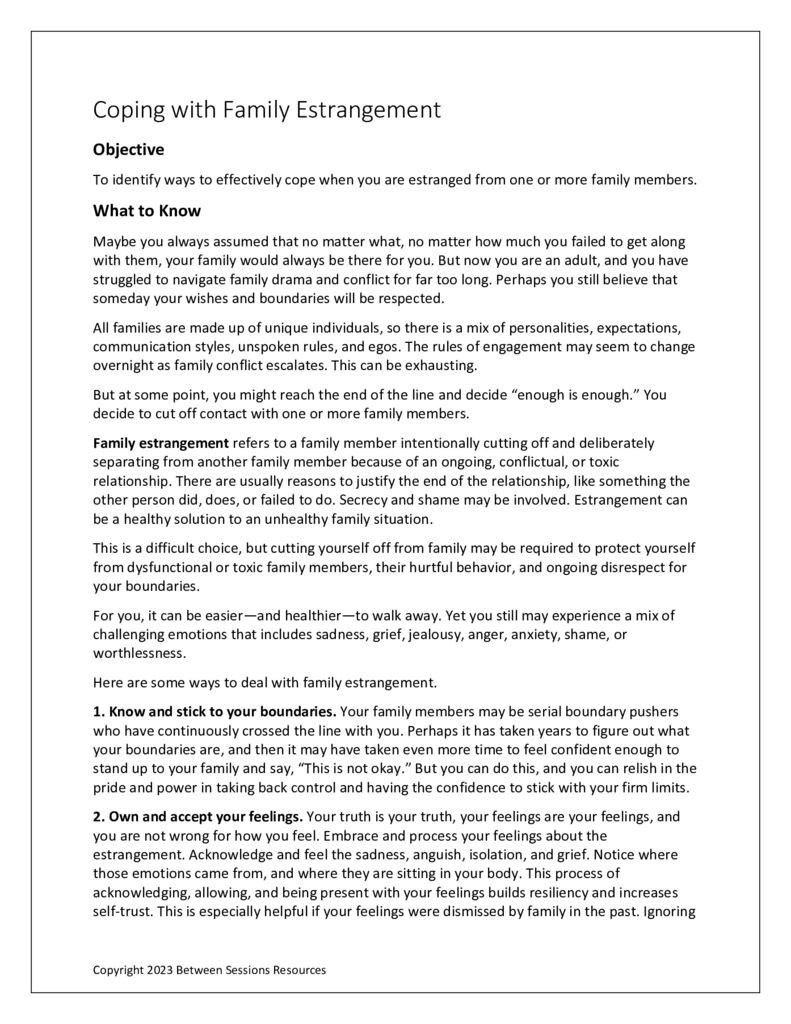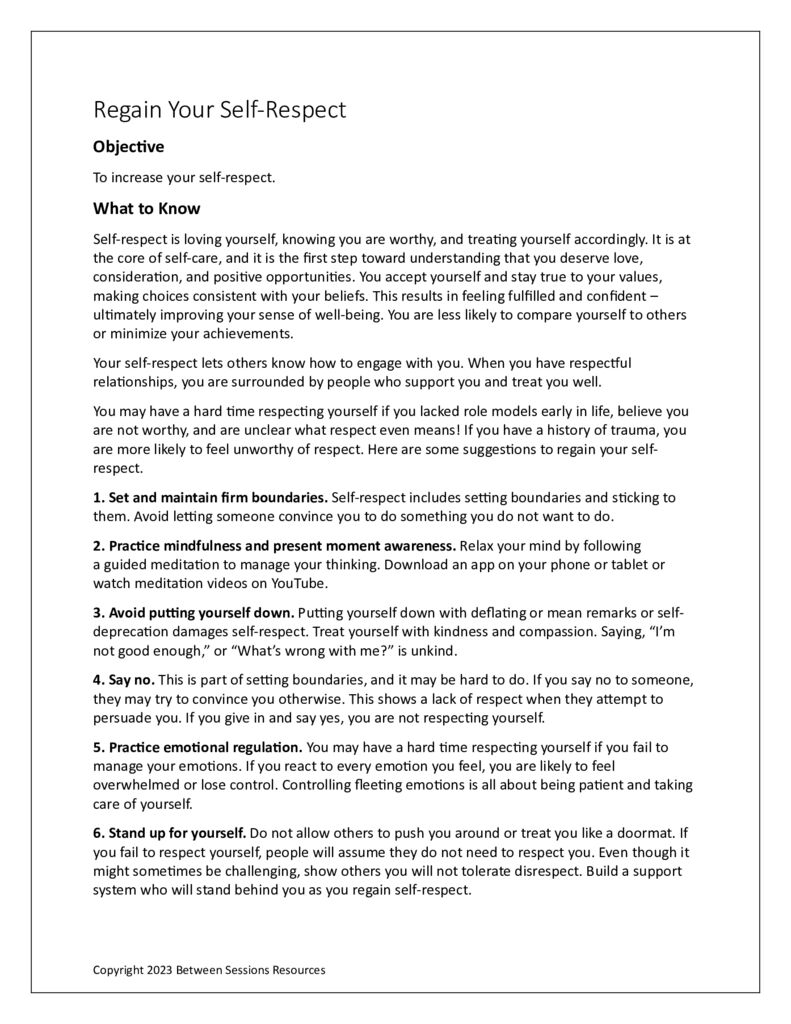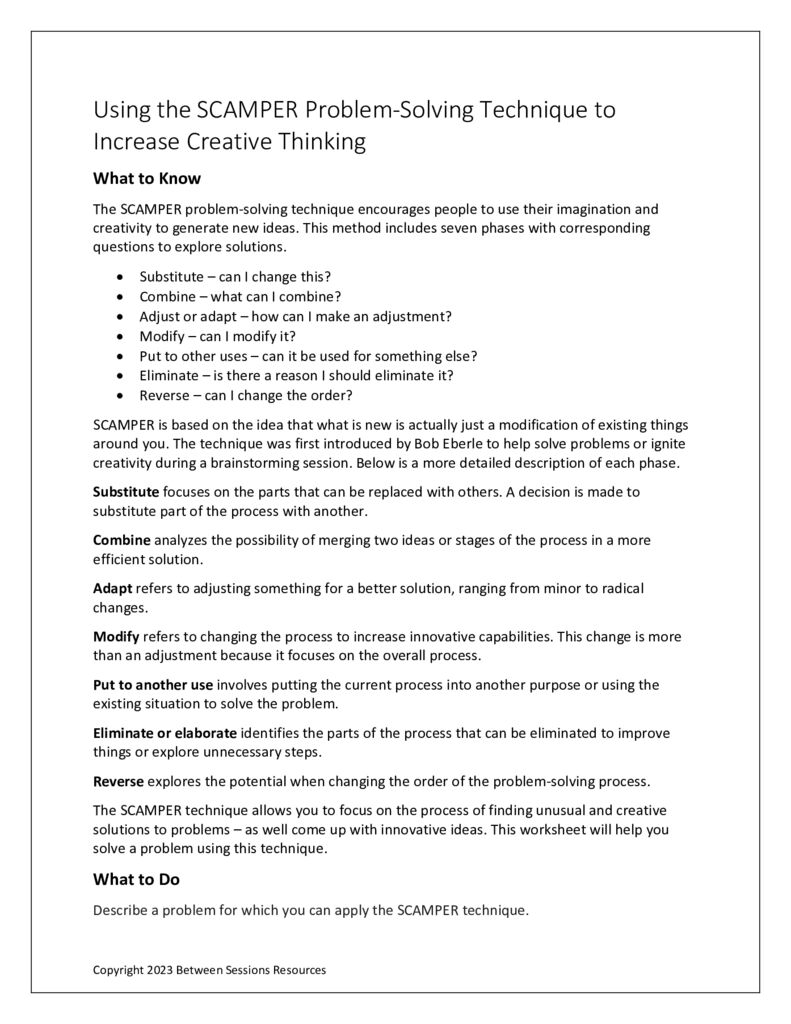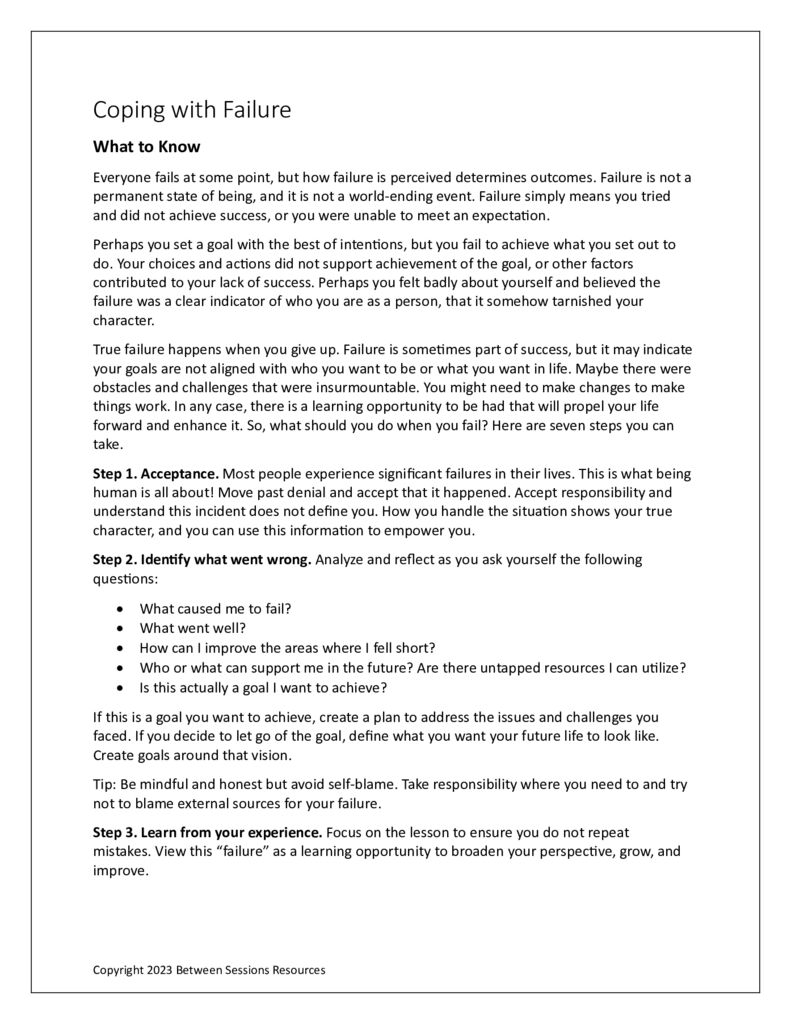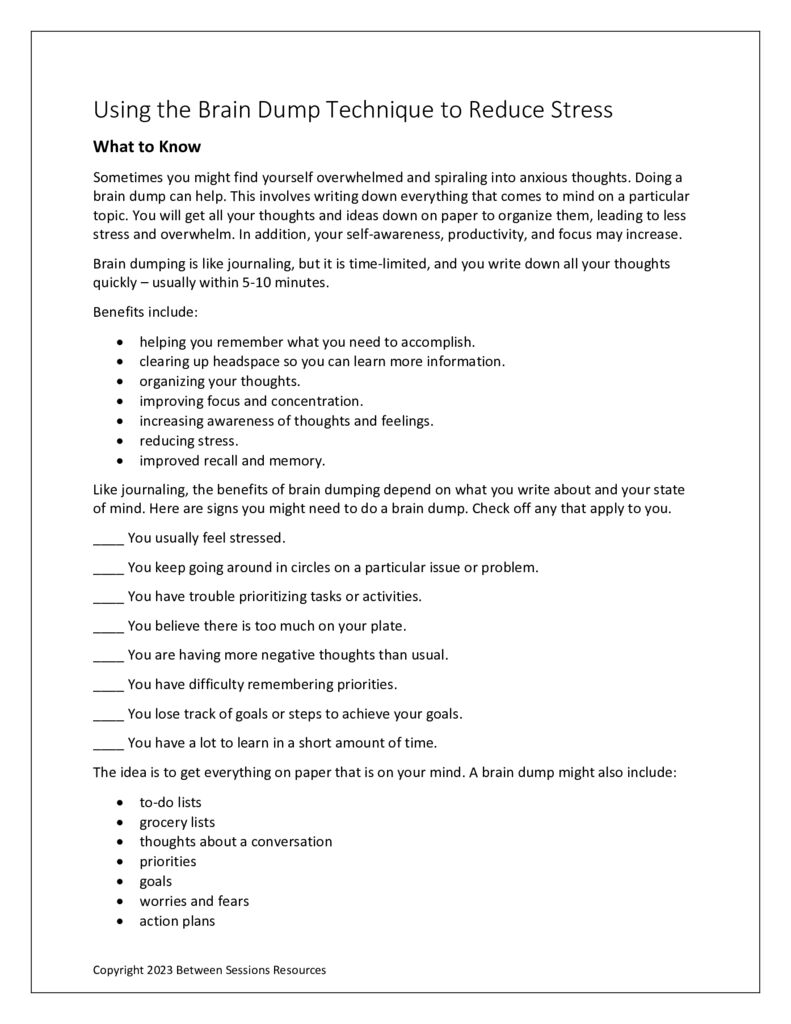This worksheet is designed to help people become more aware of the mind-body connection. It provides people with eight techniques to become more aware of their bodies, from observing and naming their body sensations to exploring their environment with all their senses. A series of questions and a chart help people identify the “story” their bodies are telling them. (0423, trauma, somatic experiencing therapy, PTSD)
Owning a pet can be beneficial to a person’s mental and physical health. But pet ownership comes with responsibilities and is not right for everyone. This worksheet is designed to help people explore how owning pet might affect their lives before they make this commitment. (0423, pet therapy, depression, oxytocin)
This Mindfulness Practice asks people to think about how they show their competence, how they inspired or encourage others, and how they see daily possibilities in their lives. (0323, mindfulness, self-esteem, positive psychology)
This worksheet is designed to help people regain hope by spending time with people who are positive. Research suggests that optimism, like depression, can be contagious. It also suggests other activities that can build hope and includes a chart for people to record what they have done and how it has affected their mood. (0323, hope, depression, suicide)
This worksheet gives 11 ways to cope for clients to cope with family estrangement while supporting their own mental health. Suggestions include: knowing your boundaries, owning and accepting your feelings, prioritizing self-care, recognizing triggers, and more. Questions guide people to understand how the estrangement took place and what they are doing to cope with the situation in positive ways. (0323, family therapy, family problems)
This worksheet is designed to help those who feel that they are unworthy of the love and respect of others. It covers 19 strategies for a person to regain his or her self-respect from learning to say ‘no’ to developing a sense of integrity. The worksheet includes a simple “test” for people to determine if they need to work on their sense of self-respect. (0223, self-image, depression)
The SCAMPER problem-solving technique encourages people to use their imagination and creativity to generate new ideas. The method includes 7 phases of exploring solutions. The worksheet takes the user through the 7 steps with in-depth questions. (0123, problem-solving)
This worksheet is designed to help people with depression appreciate small changes in their attitude. It asks them to look back at the past week and record three things they felt confident about, three things they coped with, three things that made them happy, and so on. (0123, depression)
This worksheet is designed to help people cope with failure using a 7-step process. (0123, depression, work issues, self-esteem, self-efficacy)
This worksheet describes a stress reduction technique that involves writing down everything that comes to mind on a particular topic. A brain dump could include thoughts about a conversation, goals, worries, fears, or a list of things that are bothering you. The worksheet describes four categories of brain dumps. It encourages people to use a notebook or journal to practice this technique each day for two weeks and record their feelings. (0122, stress reduction, journaling)

